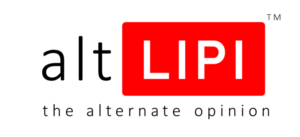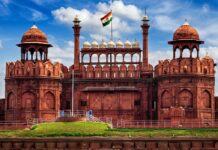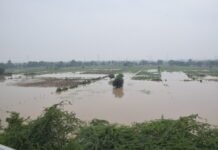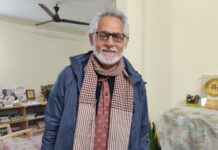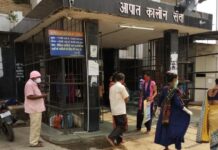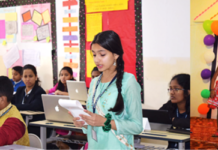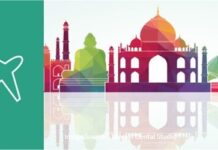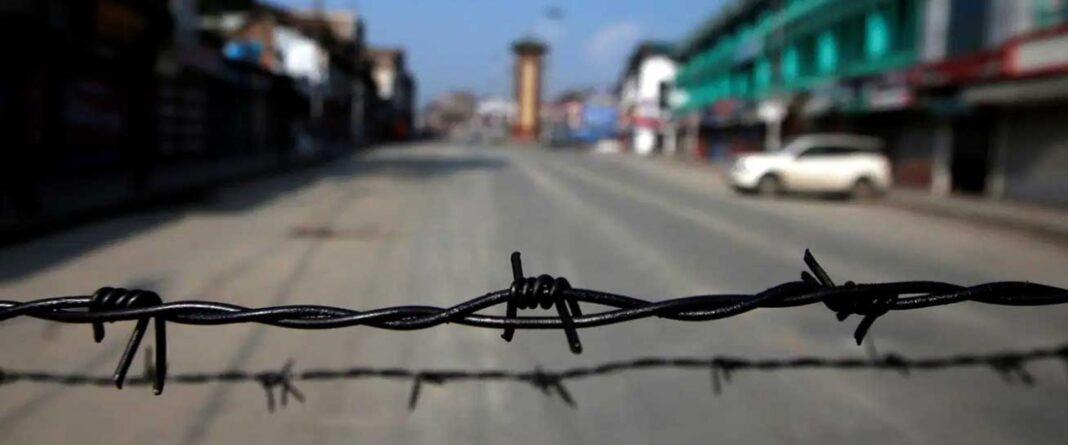Prime Minister Narendra Modi’s opening gambit on Kashmir by holding talks with Kashmiri leaders is a welcome gesture appreciated by all. It has been long overdue since August 5, 2019, when without any hint or warning the Central government sprung upon the people of the country the downgrading of Jammu & Kashmir state into two Union territories and putting them under a Centrally chosen bureaucracy.
Last week’s June 24 gathering of 14 Kashmiri leaders at Prime Minister’s own initiative is doubly welcome considering the long hiatus which looked like, for want of any better word, a dictatorial fiat. Thankfully the hiatus could be disappearing and the nation awaits a new beginning. The new dialogue also comes with a nudge and a push from outside well-wishers. More of that later.
The long road ahead is going to be full of twists and turns. The Central government’s ‘blueprint’ of fresh delimitation of constituencies, followed by elections and restoration of Statehood without any clarification on Articles 370 and 35-A is already staring as a three-headed roadblock that will need the best of talent to navigate around it.
There are other roadblocks too lurking in the air like the drone attack at the IAF station in Jammu and the killing of a policeman in Srinagar just before the start of the dialogue. The spoilers are always on the prowl but they have to be shown their place with patience and tact.
For a start, the very idea of holding elections without restoring Kashmir’s Statehood is like putting the cart before the horse. Kashmir has already had district council elections not too long ago. How representative are the new constituencies going to be is anybody’s guess…
Even before that the delimitation of constituencies is being questioned. Former Chief Minister Omar Abdullah has raised the issue by asking why delimitation now when the rest of the country is already scheduled to undertake that exercise in 2026. He is asking why single out J&K for this hurried advancement of delimitation. More importantly, Omar Abdullah and other stakeholders are questioning the very logic of holding elections before the primary restoration of J&K.
Omar Abdullah has categorically ruled out taking part in any elections in the absence of restoration of Statehood. “As far as I’m concerned, I have already said that I will not contest elections till Jammu & Kashmir stays a Union territory,” he declared in an interview with Harinder Baweja carried in the Hindustan Times. And he doesn’t seem to be alone in driving that point home to other players.
The heart of the issue is Article 370 of the Constitution. The abrogation of Article 370 has been the cornerstone of the Sangh Parivar for 70 years. And Omar Abdullah equally trenchantly declared: ” We will continue to raise (fight) it for however long it takes, 70, weeks, 70 months, or 70 years.”
Asked further if he expected the Modi government to budge, he replied: “We are not pandering to optics, and we are not asking the Prime Minister to return it, and they have given no such indication. We pick our battles. We will continue our struggle to see it restored, constitutionally, legally, and politically.”
Also, former J&K chief minister and a former BJP ally Mehbooba Mufti has been no less forthright in her demand for the restoration of Statehood for J&K. Sections of national media have portrayed her as a hardliner, negative figure for her advocacy of talks with Pakistan and restoration of border trade. In interviews to TV channels and newspapers, she has gone much further than anybody else by calling for an end to the “era of oppression and suppression” in the state which, according to her, “has become a jail.” Harsh words rubbing in the point that “a dissenting voice is not a criminal act.” She is equally trenchant on the issue of Statehood and elections. “I will not contest any elections until the special status of Jammu and Kashmir is restored.”
The battle lines seem to have been drawn. So far there is no inkling of bridging the gap or chasm of “dil ki doori and Dilli ki doori” (distance from the heart and distance from Delhi). It’s early days for the Centre to reveal its final cards.
The Centre’s opening gambit of inviting Kashmiri leaders for talks is, at the very least, a testing of the waters. It can’t be a cold ‘take it or leave it’ shout. There are outside pressures lying hidden from daylight.
My personal hunch is that the Modi Government is having a rethink on its earlier efforts to win over some European and other governments by inviting batches of second-rung diplomats on escorted tours of Kashmir. That strategy clearly failed as the European Union did not send any representative to those jamborees.
A bigger failure came with the unstated loss of any support from the United States after the exit of President Donald Trump. The arrival of President Joe Biden on the scene has made the Modi lobby in Washington pretty lonely. So a quick course correction by the Delhi government to embark on rediscovering America in search of new friends. It must be said to the credit of the Modi Government in India that it has made some course correction by its sheer invitation to Kashmiri leaders for talks which has the potential of ushering in a new era of understanding between the Centre and Kashmiri stakeholders. Hopefully “Dilli ki doori and dil ki doori” between Kashmir and the rest of India may fade away, however slowly. Patience is the best part of diplomatic valour.
Disclaimer: We do undertake rigorous checks on content provided by contributors before publishing the same. If you come across some factual errors, kindly bring this into our notice and we shall review your objection and claim as per our policy and display correction credits and corrections on the article itself.
The opinion expressed in the article is of the writer. Writer is a freelance journalist/journalist based in Delhi
